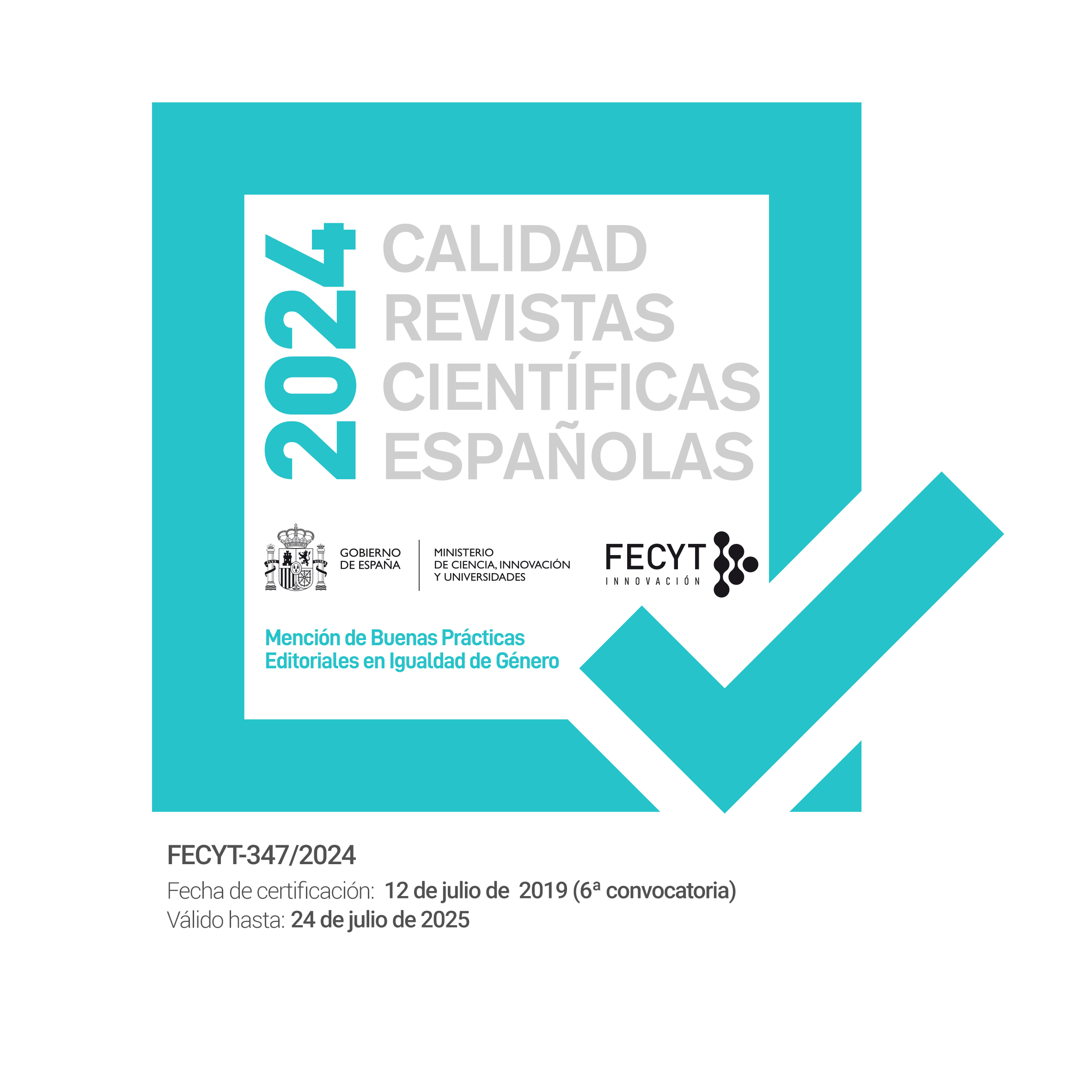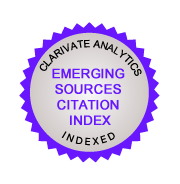La profesión del crítico y la vanguardia en la prensa cotidiana (Madrid, 1950-1963)
DOI:
https://doi.org/10.5944/etfvii.10.1997.2292Resumen
El ejercicio de la crítica de arte en el Madrid de la posguerra presenta unas características espaciales debido a la particular situación política surgida como resultado de la Guerra Civil. El nuevo régimen que se deseaba establecer tenía unas premisas ideológicas que llevaron al control de la cultura y de los medios para influir en la opinión pública. En los estrechos márgenes resultantes se movían los principales críticos de arte de la prensa cotidiana de los años cincuenta, vinculados de antemano a los postulados ideológicos vigentes. Sus características y evolución — acorde con las necesidades políticas y culturales del país— es analizada en este breve estudio hasta los primeros años sesenta en que se esboza un nuevo sector de la crítica de formación y rasgos diferentes.
The practice of the art critic in Madrid after the Civil War had special characteristics because of the politic situation then. The new political regime wanted to controlate the culture and the public opinion. The main art critics had narrow ways of work about fifties. Their characteristics and evolution — acording to the politic and cultural needs in the country— are studied in this work until first sixties when we can find a new way of art critics.
Descargas
Descargas
Publicado
Cómo citar
Número
Sección
Licencia
Los autores que publican en esta revista están de acuerdo con los siguientes términos:
- Los autores conservan los derechos de autor (copyright) de las obras publicadas y garantizan a la revista el derecho de ser la primera publicación del trabajo al igual que permiten la reutilización del mismo bajo la licencia de uso indicada en el punto 2.
- Las obras se publican en la edición electrónica de la revista bajo bajo una licencia Creative Commons Reconocimiento-NoComercial 4.0 Internacional, que permite a otros compartir el trabajo con un reconocimiento de la autoría del trabajo y de la publicación inicial en esta revista. Se pueden copiar, usar, difundir, transmitir y exponer públicamente, siempre que: i) se cite la autoría y la fuente original de su publicación (revista, editorial y URL de la obra); ii) no se usen para fines comerciales.
- Se permite y se anima a los autores a difundir electrónicamente las versiones pre-print (versión antes de ser evaluada) y/o post-print (versión evaluada y aceptada para su publicación) de sus obras antes de su publicación, ya que favorece su circulación y difusión más temprana y con ello un posible aumento en su citación y alcance entre la comunidad académica (por ejemplo, en repositorios institucionales o en su propio sitio web). Color RoMEO: verde. (Véase The Effect of Open Access) (en inglés).








